10 Great Cities for Starting a Business
If you're hoping to start your own business, finding the right place to set up shop is a critical first step.


Profit and prosper with the best of Kiplinger's advice on investing, taxes, retirement, personal finance and much more. Delivered daily. Enter your email in the box and click Sign Me Up.
You are now subscribed
Your newsletter sign-up was successful
Want to add more newsletters?

Delivered daily
Kiplinger Today
Profit and prosper with the best of Kiplinger's advice on investing, taxes, retirement, personal finance and much more delivered daily. Smart money moves start here.

Sent five days a week
Kiplinger A Step Ahead
Get practical help to make better financial decisions in your everyday life, from spending to savings on top deals.

Delivered daily
Kiplinger Closing Bell
Get today's biggest financial and investing headlines delivered to your inbox every day the U.S. stock market is open.

Sent twice a week
Kiplinger Adviser Intel
Financial pros across the country share best practices and fresh tactics to preserve and grow your wealth.

Delivered weekly
Kiplinger Tax Tips
Trim your federal and state tax bills with practical tax-planning and tax-cutting strategies.

Sent twice a week
Kiplinger Retirement Tips
Your twice-a-week guide to planning and enjoying a financially secure and richly rewarding retirement

Sent bimonthly.
Kiplinger Adviser Angle
Insights for advisers, wealth managers and other financial professionals.

Sent twice a week
Kiplinger Investing Weekly
Your twice-a-week roundup of promising stocks, funds, companies and industries you should consider, ones you should avoid, and why.

Sent weekly for six weeks
Kiplinger Invest for Retirement
Your step-by-step six-part series on how to invest for retirement, from devising a successful strategy to exactly which investments to choose.
If you're hoping to start your own business, finding the right place to set up shop is a critical first step. We identified 10 cities that are hot spots for budding entrepreneurs. Each offers attractive qualities you should look for in a home base: a strong community of existing small businesses; low living costs, specifically for self-employed people; and a well-educated workforce to ensure you'll have plenty of promising job applicants when you're ready to hire. They also all have low unemployment rates, indicating a healthy local economy.
Despite their popularity among venture capitalists and start-up hopefuls, some cities, such as San Francisco and New York City, didn't make the cut. Not only are they among the most expensive U.S. cities to live in, but California and New York state offer two of the three worst business tax climates in the country, according to the Tax Foundation. (The third state is New Jersey.)
Take a look at our list of the 10 best cities for starting a business.
Metropolitan-area data for population, number of small businesses, and percentage of adults 25 and older with at least a bachelor's degree is from the U.S. Census Bureau. Small businesses are defined as having one to four employees. Self-employed living costs are from the Council for Community and Economic Research. Projected metropolitan-area unemployment rates for September 2014 (the latest available; not seasonally adjusted) are from the U.S. Bureau of Labor Statistics. We screened out metro areas with population below 500,000, as well as cities in states that appeared in our ranking of the 10 least-friendly states for taxes.

10. Columbus, Ohio
- Metro population: 1.8 million
- Number of small businesses per 10,000 people: 105 (U.S. average: 131)
- Cost of living for self-employed: 10.9% below the U.S. average
- Percentage of population with bachelor's degrees: 33.4% (U.S. average: 28.5%)
- Unemployment rate: 4.3% (U.S.: 5.7%)
- Low living costs are a major draw for businesses and residents alike. You'll probably spend less on nearly everything in Columbus, from groceries to health care (which earned it a spot on our list of America's most affordable big cities). Housing costs in the area are particularly low, at 20.3% below the national average for self-employed workers. The average rent for a two-bedroom, two-bathroom apartment is just $832 a month, versus $920 a month for the U.S. on average.
Business-minded Buckeyes do well in Ohio's capital. Many Fortune 500 companies, including American Electric Power and Nationwide Mutual Insurance, are based in Columbus. But don't let the big guys intimidate you: The city is home to 19,341 companies with just one to four employees, compared with an average of just 9,611 small businesses for all metro areas in the U.S.
You can also get free insider assistance to help cut through the red tape of setting up shop. In July 2014, the city council introduced Ryan Schick as its "small business concierge," a newly created position specifically tasked with helping entrepreneurs get settled in Columbus. His first major project has been to launch the Small Business Builder, an online resource to guide you through each stage of starting and expanding your business, including obtaining financing and getting the necessary permits and licenses. The site even provides step-by-step roadmaps for specific types of businesses, including restaurants, day cares and barbershops.
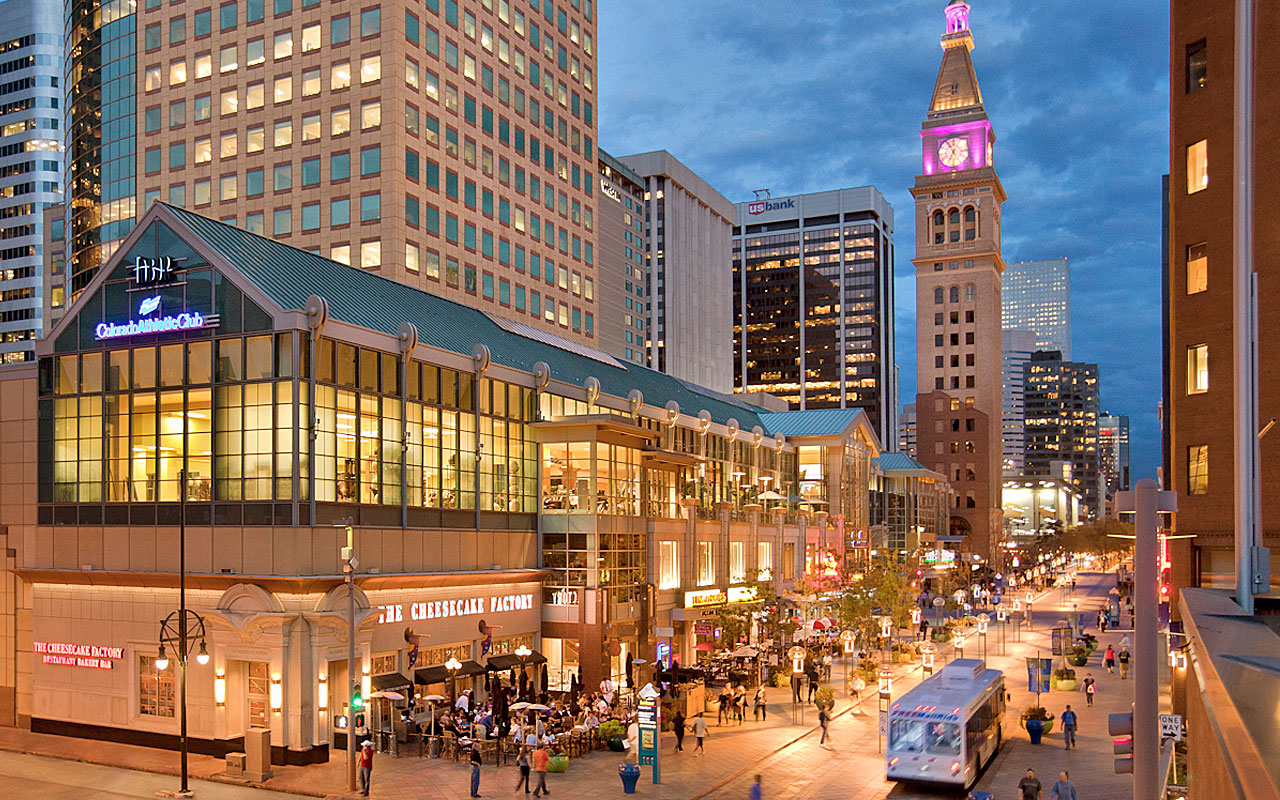
9. Denver
- Metro population: 2.6 million
- Number of small businesses per 10,000 people: 172
- Cost of living for self-employed: 6.0% above U.S. average
- Percentage of population with bachelor's degrees: 38.8%
- Unemployment rate: 4.0%
A whole lot of entrepreneurs have already figured out that the mile-high city provides stable ground (and beautiful scenery) for lofty business goals. Denver boasts the greatest number of small businesses per 10,000 people on this list. And 58.5% of all its establishments have just one to four employees, compared with 54.6% for the U.S.
Despite slightly higher than average living costs, the environment is quite affordable for local businesses. According to consulting firm KPMG, business costs for all industries in Denver are 1.6% below the national average. Even better, costs for software and video game developers are 4.3% below average, and costs for biotech firms are 6.2% below average. "Denver attracts a significant number of tech companies with a combination of new incentive programs," says George Tobjy, managing director of KPMG's global location and expansion services group.
For example, Colorado operates a strategic fund that offers cash to eligible companies that create new permanent jobs that last at least a year. Denver also offers financing programs that provide up to 50% of a project's costs if you set up shop in specific parts of town.

8. Indianapolis
- Metro population: 1.8 million
- Number of small businesses per 10,000 people: 128
- Cost of living for self-employed: 5.5% below U.S. average
- Percentage of population with bachelor's degrees: 31.3%
- Unemployment rate: 4.8%
Indianapolis sports a burgeoning start-up scene with an exceptionally low price tag. Not only does it offer affordable living costs, the Indiana capital's business costs are also low, at 3.8% below average, according to KPMG. Plus, the Tax Foundation ranks Indiana among the 10 states with the best business tax climate. The state plans to lower its corporate income tax rate to 6.5% on July 1, 2015. The rate was 8.5% as recently as 2012.
Verge is Indy's go-to software start-up network, which connects more than 2,500 entrepreneurs, investors and developers. It hosts regular events at which hopeful company leaders take the stage to pitch their ideas to investors. IndyMade.com is another useful resource, which collects data on all Indianapolis-area start-up activity, including funding sources and an ever-growing list of emerging companies.
A couple of funding sources identified by IndyMade: SproutBox in nearby Bloomington invests its own employees' time and talents in start-ups, rather than simply writing a check. For selected entrepreneurs, the seed fund offers assistance with software development, marketing and accounting services, six months of furnished office space and more—typically worth between $200,000 and $250,000 in cash and services. Halo Capital Group is a more traditional angel investor.

7. Des Moines, Iowa
- Metro population: 571,592
- Number of small businesses per 10,000 people: 133
- Cost of living for self-employed: 9.9% below U.S. average
- Percentage of population with bachelor's degrees: 34.0%
- Unemployment rate: 4.1%
- Smart business owners and residents alike are surely drawn by the area's affordability. Living costs are low across the board, but housing is particularly cheap, at 16.9% below the national average for self-employed workers. The Iowa capital city's median home value is $118,600, which is $62,800 less than the national median.
Des Moines proves that you don't need to be in a big city to get your big start. The city with the smallest population on this list packs in an above-average concentration of small businesses, as well as a highly educated workforce.
You can get started with help from the Greater Des Moines Partnership, a local economic and community development organization. Networks such as Central Iowa SourceLink and the Business Innovation Zone can help you connect with other hopeful entrepreneurs, potential investors and additional valuable resources. Also find out about financing programs offered by the city's economic development office. The MicroLoan Program, for example, can provide up to $10,000 to Des Moines businesses with five or fewer employees.

6. Salt Lake City
- Metro population: 1.1 million
- Number of small businesses per 10,000 people: 146
- Cost of living for self-employed: 5.1% below U.S. average
- Percentage of population with bachelor's degrees: 30.9%
- Unemployment rate: 3.2%
What's more attractive about Salt Lake City—its high peaks or its low costs? The owners of the city's more than 16,500 small businesses would likely vote for the latter. Area living costs are cheap, and business costs are nearly as affordable, at 3.4% below the national average, according to KPMG. Plus, the Tax Foundation rates Utah the ninth-best state for business tax climates, with markedly favorable corporate and property taxes.
Young entrepreneurs may be particularly drawn to Salt Lake City, one of our best cities for new college graduates. After all, it has a median age of 30.9 years old, 6.3 years younger than the national median. That youthfulness may be helping to propel the growing tech community. Google Fiber may also have something to do with it. The ultra-high-speed broadband network has already broken ground in Provo, about 45 miles south of Salt Lake. And the capital city itself is on the short list to be next.
Try connecting with others in the local tech community through online network SiliconSlopes.com. You can find additional resources, including funding sources and rental space, through the University of Utah's Technology & Venture Commercialization office.

5. Austin, Texas
- Metro population: 1.7 million
- Number of small businesses per 10,000 people: 136
- Cost of living for self-employed: 5.0% below U.S. average
- Percentage of population with bachelor's degrees: 40.0%
- Unemployment rate: 4.2%
Not everything's bigger in Texas. More than 23,500 businesses in the capital area count themselves as small—the second-most of all the cities on this list and about 2.5 times more than the national average. And their ranks are growing, fueled by a healthy flow of investment dollars. Austin, with $362 million worth of venture capital invested during the first half of 2014, was among the top 10 metro-area destinations for VC money, according to the National Venture Capital Association.
Also on the small side are the local bills for both daily expenses and doing business. Groceries are notably cheap, typically costing 12.8% less than the national average for self-employed workers (and helping Austin onto our list of best cities for cheapskates). Business costs are 3.2% below average, according to KPMG. And the Tax Foundation ranks Texas as the tenth-best state for favorable business taxes.
Austin offers a rare opportunity for the technologically inclined as a construction site for Google Fiber. Tech start-ups can connect with each other, as well as investors and potential partners, through business incubator and accelerator Capital Factory. Some of the benefits of joining the group include introductions to potential mentors (who are successful entrepreneurs), exposure to investors and access to coworking spaces. You can also check out the Austin Tech Happy Hour, a casual, semimonthly networking event for Austin's tech community.

4. Tulsa, Okla.
- Metro population: 936,717
- Number of small businesses per 10,000 people: 136
- Cost of living for self-employed: 11.0% below U.S. average
- Percentage of population with bachelor's degrees: 25.7%
- Unemployment rate: 4.6%
What's in Tulsa? Among the lowest living costs in the country, for one thing. The second-most affordable city on this list offers particularly cheap housing, with costs a whopping 34.5% below average for self-employed workers. The median home value is just $121,700 in the city (versus $181,400 for the U.S.). Tulsa is also an affordable big city for renters; the average two-bedroom, two-bathroom apartment costs $592 a month, or $328 less than the national average.
More than 12,700 small businesses are in Tulsa. In a cozy metro area with less than a million people, that concentrated presence means small businesses make a big impact on the local economy. According to the Tulsa Regional Chamber, small businesses create two-thirds of all the new jobs in the region and post an annual payroll of $1.4 billion.
In July 2014, more than 40 regional business owners formed the Tulsa Small Business Connection, aiming to provide resources for potential and existing small-business owners. Its first major event was the Small Business Summit, offering networking opportunities as well as educational sessions on topics such as health care, marketing and management.

3. Nashville, Tenn.
- Metro population: 1.6 million
- Number of small businesses per 10,000 people: 123
- Cost of living for self-employed: 9.8% below U.S. average
- Percentage of population with bachelor's degrees: 30.8%
- Unemployment rate: 5.3%
- The biggest advantage to setting up shop in Nashville is its affordability. The Music City offers low living costs, and its business costs are equally affordable. According to KPMG, business costs are 5.1% below the national average across industries—and are markedly low for corporate services such as financial firms, at 13.2% below average.
You don't have to be a country crooner to succeed in Nashville. The nonprofit Entrepreneur Center helps start-ups in the health care, technology, social enterprise, and digital media and entertainment industries catch their big breaks, too. The Center's incubators offer mentorships, networking assistance and other resources to help businesses launch within six months.
And while you're saving on expenses, you can also collect some seed money. One accelerator firmly supporting Nashville is the Jumpstart Foundry. In addition to $15,000 in funding, it provides select companies with a 14-week mentorship program.

2. Omaha, Neb.
- Metro population: 866,454
- Number of small businesses per 10,000 people: 138
- Cost of living for self-employed: 12.3% below U.S. average
- Percentage of population with bachelor's degrees: 32.7%
- Unemployment rate: 3.6%
When it comes to business building, what works for Warren Buffett should work for you, too. One of our 10 cheapest cities you'd actually want to live in, Omaha offers local residents and business owners rock-bottom living costs and is the most affordable city on this list. Business costs are a steal at 5.7% below the U.S. average, according to KPMG. They're particularly favorable for financial services firms, at 15.2% below average.
Taking advantage of those low costs, nearly 12,000 small businesses pack themselves into Omaha. (That's an impressive concentration given the population size—the second-smallest of the cities on this list.) And a growing number of them are in the coveted tech industry, which earns the region--along with Des Moines (the seventh city on this list) and Kansas City—the moniker "Silicon Prairie."
You can keep up with the area's tech start-ups through Silicon Prairie News, where you can find profiles of entrepreneurs and investors, as well as event information. The Greater Omaha Chamber also works to connect the local start-up community through its site, omahastartups.org.
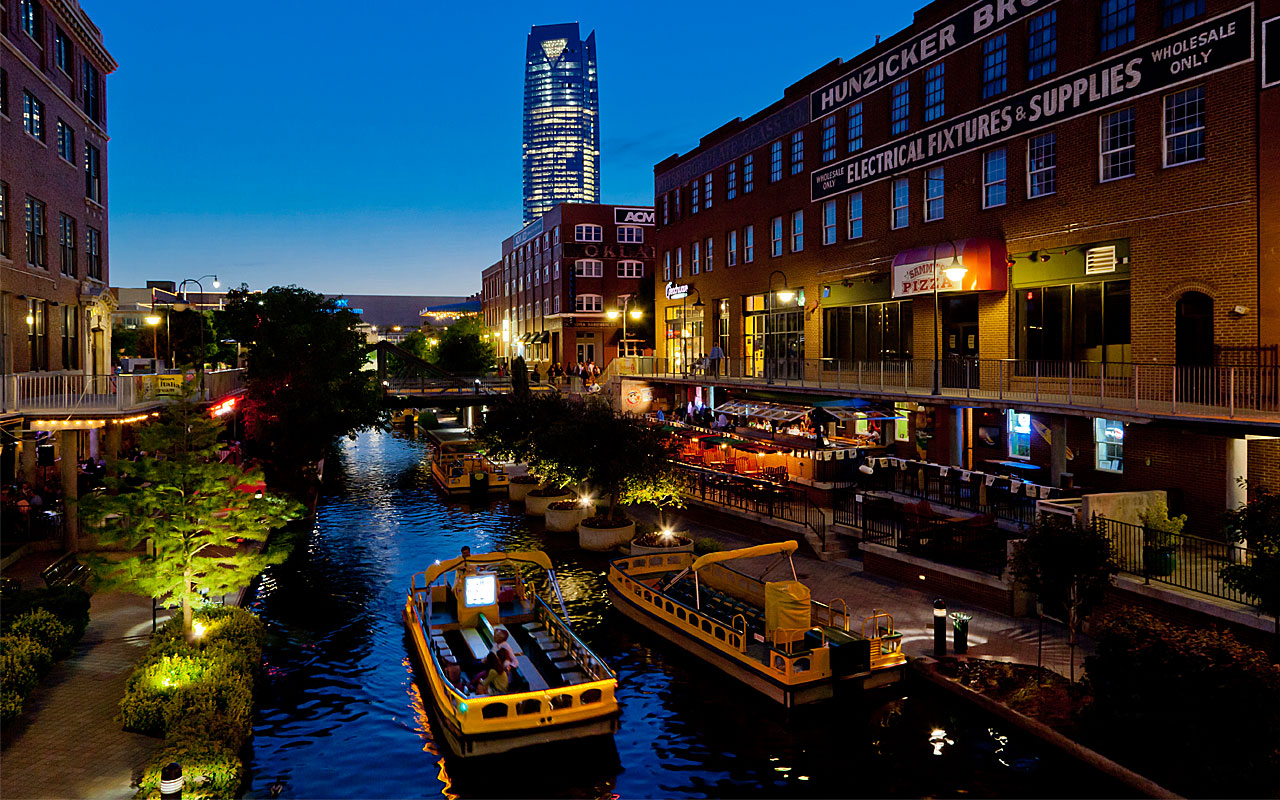
1. Oklahoma City
- Metro area population: 1.3 million
- Number of small businesses per 10,000 people: 148
- Cost of living for self-employed: 10.1% below U.S. average
- Percentage of population with bachelor's degrees: 27.9%
- Unemployment rate: 4.2%
A second showing from the Sooner State tops our rankings for small-business-friendly cities. Oklahoma City is home to more than 18,600 small businesses, nearly double the national average for all metro areas. It also sports the second-highest number of small businesses per 10,000 people on this list.
Affordability is one of the area's main draws. Coupled with low living costs (it's on our list of America's most affordable big cities), business costs that are 4.9% lower than the U.S. average prove very attractive to budget-minded business owners. Oklahoma's tax situation leaves something to be desired; the Tax Foundation ranks it at 32 out of all 50 states for business tax climate. "But the city and state provide significant incentives to offset some of the tax impact and attract companies," says Tobjy, of KPMG's global location and expansion services group.
For example, Oklahoma's "quality jobs" incentive programs offer cash back to companies for creating new positions that pay better than the county's average wage. See the Greater Oklahoma City Partnership for more details on current incentives. Also visit www.i2e.org, a business accelerator focused on Oklahoma entrepreneurs. One of its initiatives, GrowOKC Fund, targets existing small businesses based in the capital city. It provides selected entities with investments of $100,000 to $250,000 to fuel their growth.

2013 Rankings
Atlanta
Dallas
Denver
Indianapolis
Kansas City
Nashville
Orlando, Fla.
Pittsburgh
San Francisco
Seattle
Kiplinger updates many of its "best places" rankings annually. Above is last year's list (in alphabetical order) of the 10 best cities for starting a business. Keep in mind that ranking methodologies can change from year to year based on what data was available at the time of publishing, changes to how the data was gathered, switches to new data providers and tweaks to the formulas used to narrow the pool of candidates.
Profit and prosper with the best of Kiplinger's advice on investing, taxes, retirement, personal finance and much more. Delivered daily. Enter your email in the box and click Sign Me Up.

Rapacon joined Kiplinger in October 2007 as a reporter with Kiplinger's Personal Finance magazine and became an online editor for Kiplinger.com in June 2010. She previously served as editor of the "Starting Out" column, focusing on personal finance advice for people in their twenties and thirties.
Before joining Kiplinger, Rapacon worked as a senior research associate at b2b publishing house Judy Diamond Associates. She holds a B.A. degree in English from the George Washington University.
-
 Dow Leads in Mixed Session on Amgen Earnings: Stock Market Today
Dow Leads in Mixed Session on Amgen Earnings: Stock Market TodayThe rest of Wall Street struggled as Advanced Micro Devices earnings caused a chip-stock sell-off.
-
 How to Watch the 2026 Winter Olympics Without Overpaying
How to Watch the 2026 Winter Olympics Without OverpayingHere’s how to stream the 2026 Winter Olympics live, including low-cost viewing options, Peacock access and ways to catch your favorite athletes and events from anywhere.
-
 Here’s How to Stream the Super Bowl for Less
Here’s How to Stream the Super Bowl for LessWe'll show you the least expensive ways to stream football's biggest event.
-
 32 Ways to Make Money in 2025
32 Ways to Make Money in 2025business Check out these cool side hustles to earn bonus bucks this year.
-
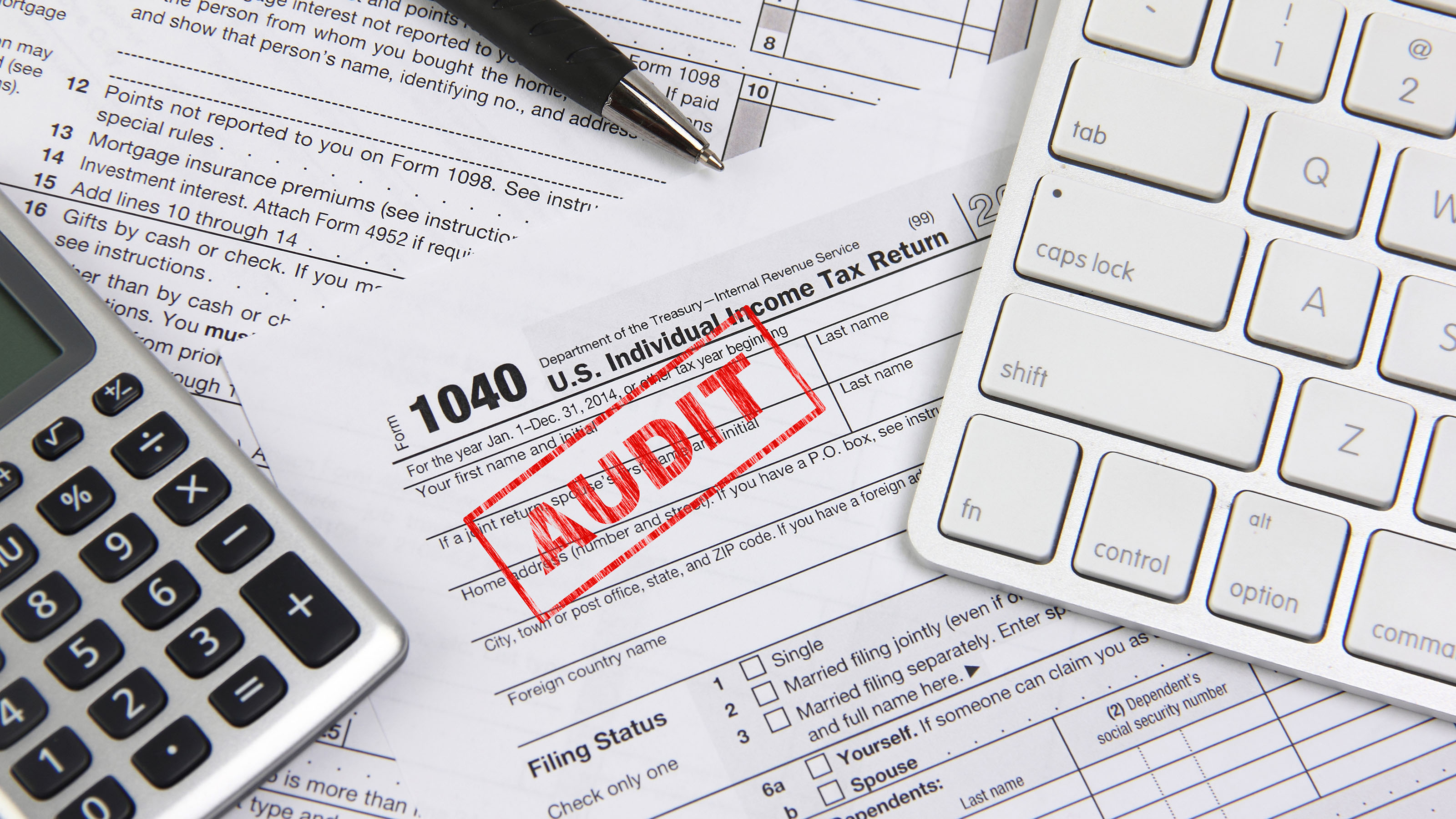 12 IRS Audit Red Flags for the Self-Employed
12 IRS Audit Red Flags for the Self-Employedtaxes If you are self-employed, minimize the odds of an IRS audit by avoiding these audit triggers.
-
 Business Cost Outlooks for 2022: Eight Key Sectors
Business Cost Outlooks for 2022: Eight Key SectorsEconomic Forecasts What’s in store for all sorts of business costs in 2022?
-
 PPP Loan Basics for Small Business Owners
PPP Loan Basics for Small Business OwnersCoronavirus and Your Money Although uncertainty and confusion have surrounded the Paycheck Protection Program since its launch, that shouldn't stop small business owners from participating in the loan program, which was just extended to May 31.
-
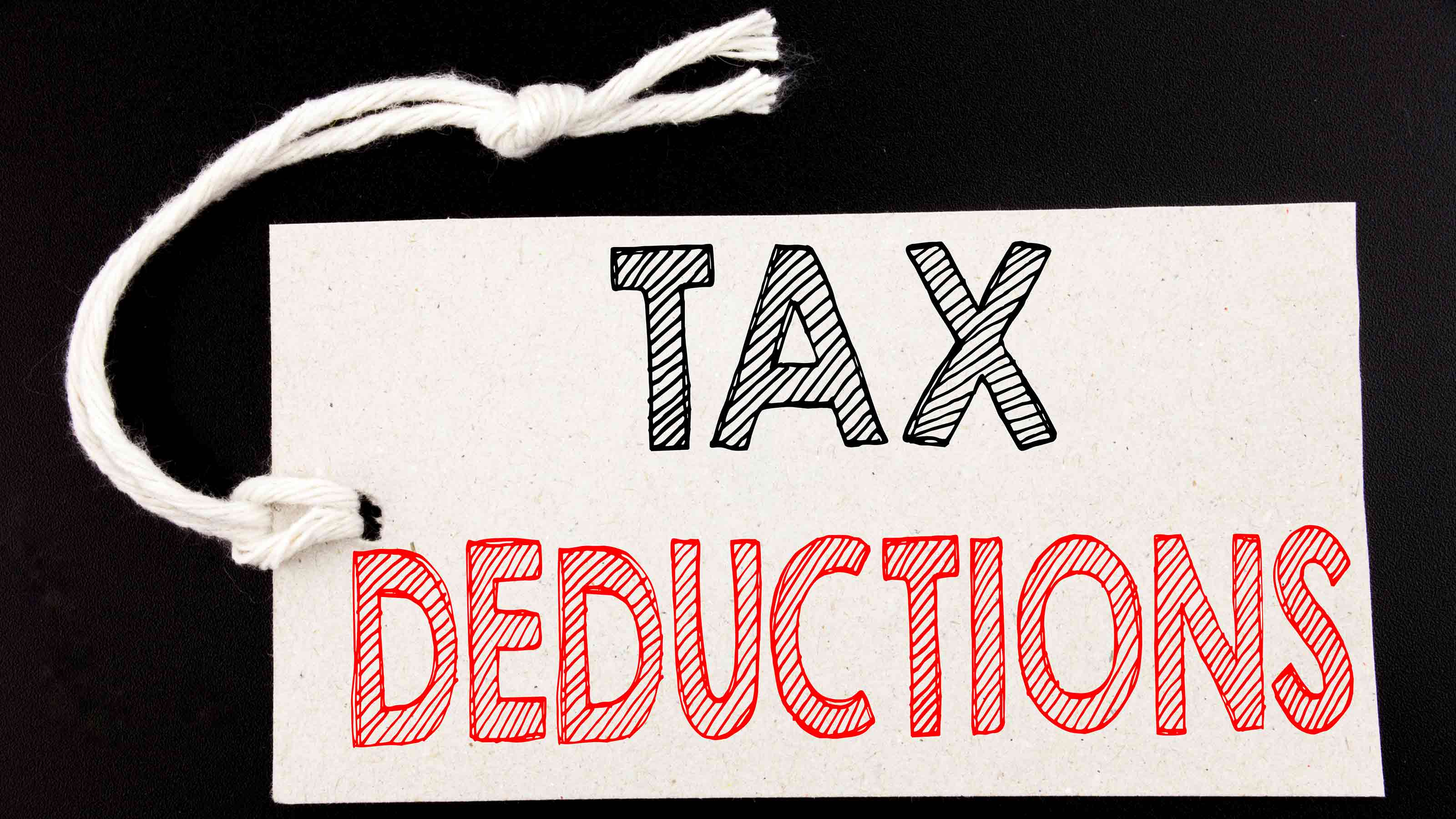 "Above-the-Line" Deductions for Your 2021 Tax Return
"Above-the-Line" Deductions for Your 2021 Tax ReturnTax Breaks If, like most people, you claim the standard deduction instead of itemized deductions on your return, there are still many other tax deductions available that could save you a lot of money.
-
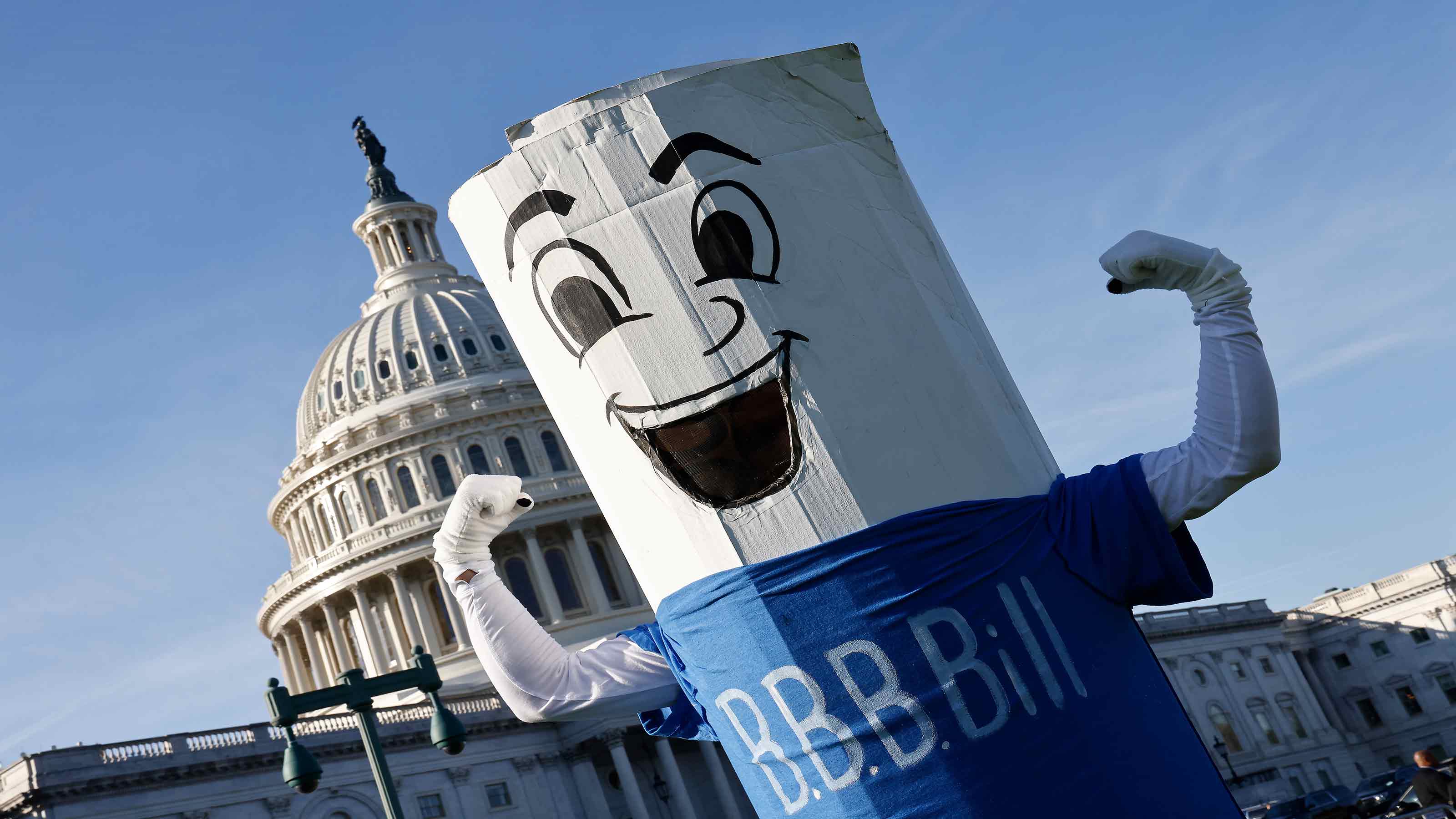 The Biden Tax Plan: How the Build Back Better Act Could Affect Your Tax Bill
The Biden Tax Plan: How the Build Back Better Act Could Affect Your Tax BillPolitics Depending on your income, the Build Back Better Act recently passed by the House could boost or cut your future tax bills.
-
 9 Tips for Better Time Management in Retirement
9 Tips for Better Time Management in Retirementretirement These important time management techniques will help destress your life as you get busier -- yes, busier -- in your golden years.
-
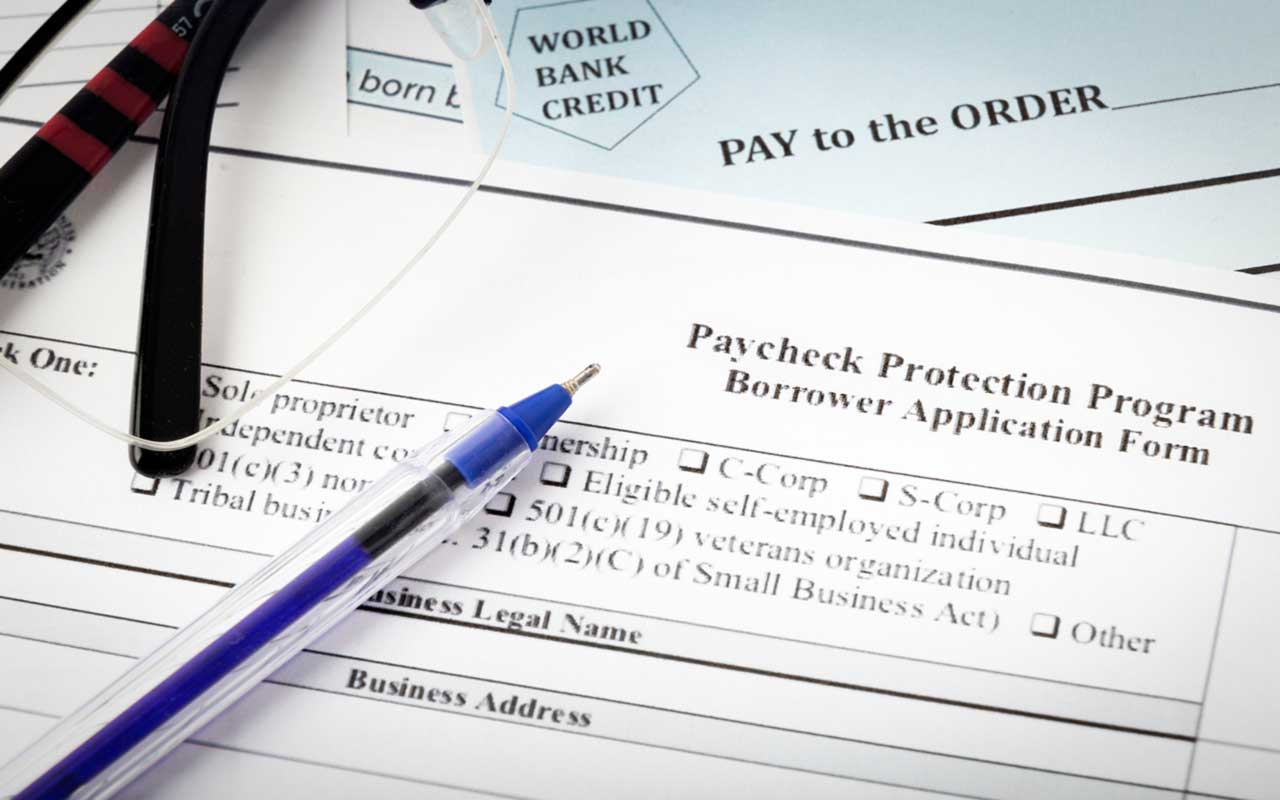 7 Ways PPP Loans Just Got Better
7 Ways PPP Loans Just Got Bettersmall business loans The Paycheck Protection Program Flexibility Act makes a number of changes to the popular small-business loan program. See how your business might benefit from the improvements.
